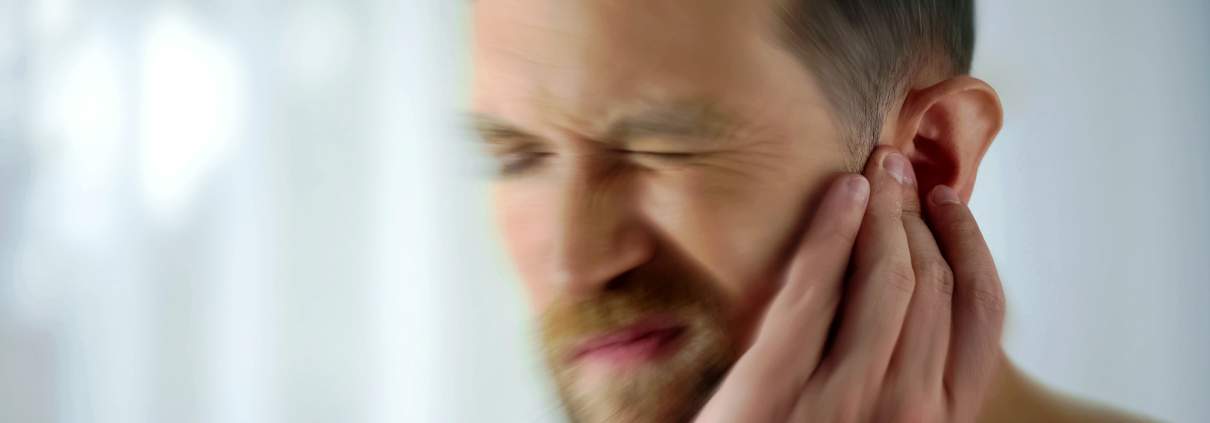Tinnitus Can Be Helped With Hearing Aids
“This ringing in my ears, just make it stop”. For you, tinnitus may be more like a thump, buzz, or whoosh. Either way, your doctor told you “there is no cure”. Your heart sank. It’s only getting worse. You’re now struggling to do everyday things like work, play with the kids, be intimate, relax, or enjoy a Grizzlies game. You can’t imagine living with this for the rest of your life.
When doctors say “no cure”, they mean there’s no medical way to reverse it with a pill or procedure. But effective options to significantly reduce or eliminate the sound do exist.
Yes, tinnitus can be helped with hearing aids. I wish more professionals who see patients with tinnitus knew this.
Why Hearing Aids Can Relieve Tinnitus
Tinnitus is a form of hearing loss. It’s most commonly caused by excessive noise exposure, usually from your job, going to loud concerts, or otherwise exposing your unprotected ears to extremely loud sounds.
Sound is a wave. These waves hit the inner ear at certain frequencies (pitches) and volumes. The inner ear is filled with delicate little hairs that pick up these wave patterns. Your brain then interprets these as specific sounds. A bird chirping. A baby crying. Your spouse’s voice.
When the interworking of the ear and brain get repeatedly overwhelmed, they wear out just like your favorite t-shirt. The only problem is, if your t-shirt falls apart, you can finally throw it out. You can’t head to Walmart to get another inner ear. You only get two and, unlike other body parts, they don’t heal themselves.
Once damaged, when the inner ear gets hit by even tiny sound waves, it can overreact. The brain misinterprets this inner ear commotion as sounds that are louder and more annoying than they are — even when there is no sound in the room that others can hear.
To make matters worse, you probably have some other hearing loss with your tinnitus, even if it’s mild. Because of this, the brain and auditory nerves try to overcompensate for the lost hearing. That overcompensation makes the tinnitus even worse. What once sounded like background noise, now sounds like tinnitus.
This is called subjective tinnitus. It’s the most common kind. And fortunately for my tinnitus patients, hearing aids can help subjective tinnitus.
How Do Tinnitus Hearing Aids Work?
Hearing aids work in a few ways.
- They improve what you can hear and how you hear it. This reduces the brain’s overcompensation. They help you hear and distinguish background sounds that you used to be able to hear. Now, the brain no longer perceives this as ringing.
- They reduce stress. Not being able to hear causes stress on the body. This can also turn into depression, mental exhaustion, irritability, and isolation. Studies show emotional stress can make tinnitus worse.
- They have special features like white noise or soothing sound generators to reduce the tinnitus sound while allowing you to hear the world around you more clearly. Some also have a masking feature, which cancels out the sound with a complementary sound.
Tinnitus Can Be Helped With Hearing Aids
You don’t have to live with this anymore. A hearing test with an audiologist is the first step toward ridding yourself of that disruptive sound.
Everyone hears tinnitus a little differently. Only an audiologist, like me, can fit you for a tinnitus hearing aid that specifically addresses your unique tinnitus to give you relief at last.
I hope you’ll come by to see me. My team can set up a convenient appointment.



